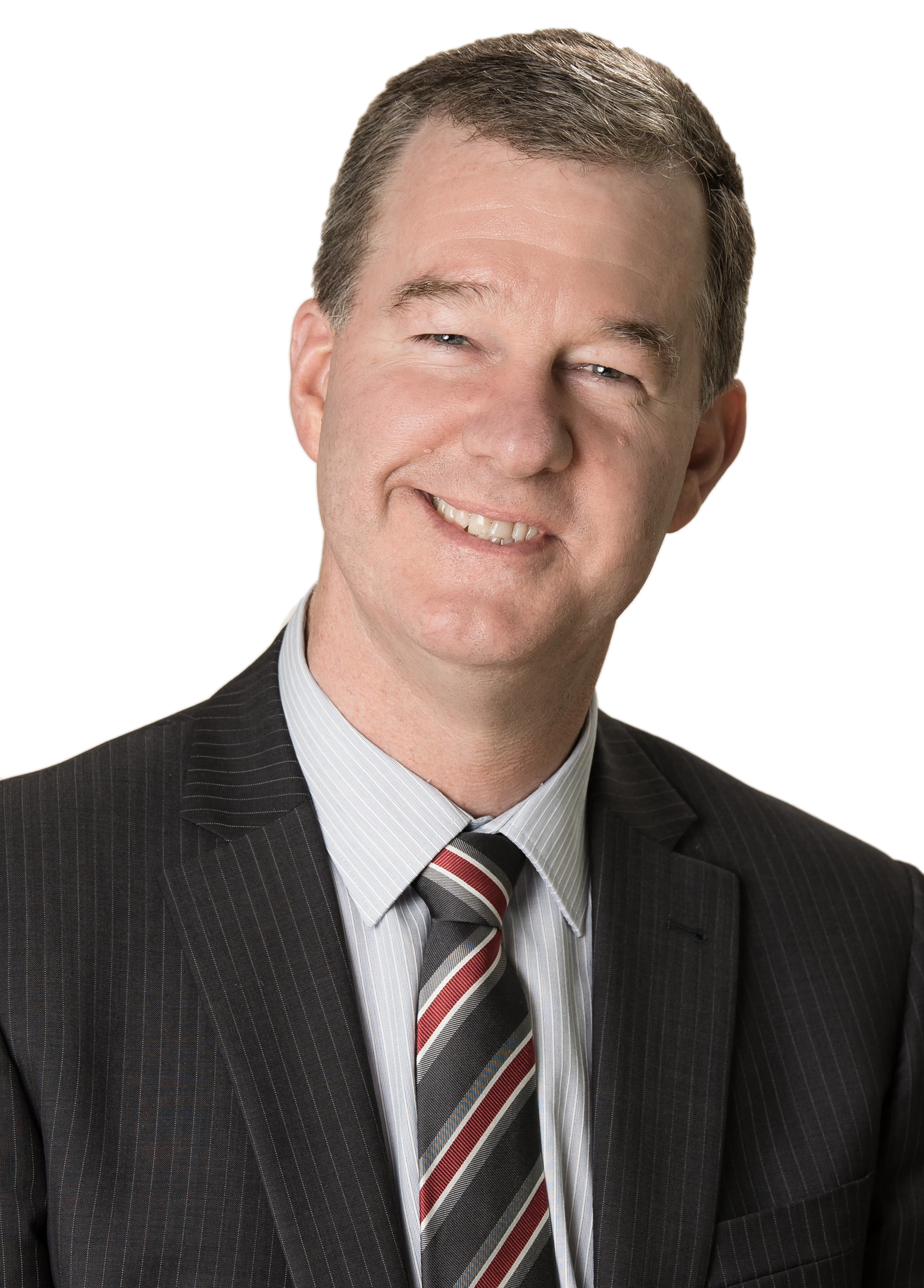Three behavioural factors that can affect retirement spending

You've worked hard to build your retirement nest egg and now the time has come or is approaching for you to begin the "decumulation phase" — taking withdrawals in retirement to live off your accumulated assets.
This can be a very exciting time in your life where you get to live out your retirement dreams. But you may also be experiencing a wide range of emotions that could affect your spending strategy and your overall well-being.
If so, you're not alone. You may find yourself asking, "Did I save enough to last throughout my retirement? Can I afford that family vacation or investment property? Will I have enough to cover health and aged care costs?". While not everyone is in the fortunate position to retire comfortably, these real concerns can make it uncomfortable for even the most financially secure investors to enjoy spending their money. So what's really holding back prepared retirees from enjoying the fruits of their labour?
1. Self-control
When it comes to saving, investors tend to take either a short-sighted or a farsighted approach. Short-sighted investors generally give more weight to spending and overindulging in the present. As a result, they fail to save enough for retirement.
On the other hand, farsighted investors exercise a great deal of self-control when it comes to saving, and they tend to insufficiently indulge themselves. Their discipline generally leaves them more than prepared for retirement. However, unlike their myopic counterparts who may regret their indulgences later, farsighted investors tend to feel a sense of regret for exercising too much self-control and not spending more on life's pleasures.
The Retirement Income Review found that underspending of superannuation balances is common amongst retired Australians, and is at least in part explained by investors being happy to spend investment earnings – dividends and interest – but resist drawing down the "capital" of the super account. Transitioning to the decumulation phase can be a tricky time, even if you're in a position where you can afford to spend more than you are. To assist with the shift from a saving to a spending mindset, it may be helpful to first understand your concerns. Questions to ask yourself may include: “Why did you save for retirement in the first place and what do you truly value in life?” or “How will you feel in the future if you don't live in the moment or enjoy spending what you can afford to now?”. When the idea of spending induces anxiety, focusing on how you'll feel later may make your decision to go on that family trip, for example, a little easier. This is especially true if building lasting family memories in your retirement is one of the reasons you saved so hard in the first place. Consulting a trusted financial adviser can be great in times like these, as they can offer customised solutions to meet your needs.
2. Loss aversion
It's natural to feel good about accumulating money and bad about losing it. The principles behind loss aversion explain why the negative feelings of losing money are greater than the positive feelings of gaining an equivalent amount of money.
Loss aversion also implies that it's less upsetting to incur losses all at once than to incur them across multiple occasions. Simply put, it hurts less to lose $100 at once, than to lose $25 on 4 separate occasions. For these reasons, coupled with the personal attachment investors have toward their savings, it shouldn't come as a surprise that some people experience feelings of constant loss when making retirement withdrawals.
Here are a couple strategies that might help reduce those feelings of loss:
- Change your mindset. Consider your monthly or annual withdrawals as pay checks to yourself instead of money you're taking away from your savings.
- Consider taking larger distributions less frequently. Instead of taking smaller monthly withdrawals, draw down larger amounts on a quarterly, biannual, or annual basis and set it aside in a separate spending account.
- Set a budget, monitor it, and make adjustments
3. Scarcity and opportunity costs
Spending from what seems to be a fixed pool of non-replenishing resources can elicit feelings of stress and make you worry about "opportunity costs".
Naturally, you'd expect this to be more of a concern for investors with insufficient savings. But as mentioned above, farsighted investors with sufficient funds can be impacted too, as their natural tendency is to focus on the future and exercise too much self-control.
You can overcome some of these concerns by employing some of the strategies mentioned above. Revisit why you invested in the first place, review the impact of spending that particular sum and whether that will impact your other long-term goals.
Being focused on the long term and taking a disciplined approach to investing are part of our core investing principles. But if you're in a good financial position, there comes a time when it's okay to live out the retirement you planned for.
26 Oct, 2021
Vanguard
www.vanguard.com.au







